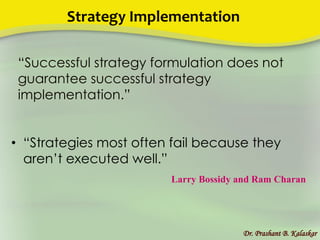
Trial Techniques: Implementing Effective Strategies for Success

Mastering the Art of Trial Techniques: Strategies for Success
Embarking on the trial phase of legal proceedings demands a nuanced understanding of trial techniques. In this article, we explore key strategies for implementing effective trial techniques and offer valuable advice for attorneys aiming to excel in the courtroom.
Understanding the Dynamics of Trial Techniques
Trial techniques encompass a range of skills and strategies used by attorneys during courtroom proceedings. From effective storytelling to persuasive argumentation, understanding the dynamics of trial techniques is essential for presenting a compelling case to judges and juries.
Strategic Case Analysis: The Foundation of Trial Success
Before setting foot in the courtroom, attorneys must lay the groundwork through strategic case analysis. This involves a thorough examination of legal precedents, case facts, and potential arguments. Strategic case analysis forms the foundation for crafting a persuasive narrative during trial proceedings.
Effective Witness Examination: Unveiling the Truth
A crucial aspect of trial techniques involves the effective examination of witnesses. Attorneys must master the art of questioning to elicit relevant information, challenge opposing testimony, and build a credible case. Developing a strategic approach to witness examination contributes significantly to the overall success of the trial.
Dynamic Opening Statements: Captivating the Audience
The opening statement sets the tone for the trial and serves as the attorney’s initial opportunity to capture the attention of the judge and jury. Crafting a dynamic opening statement involves presenting a clear case theme, outlining key arguments, and establishing a connection with the audience.
Persuasive Closing Arguments: Sealing the Case
The culmination of trial proceedings lies in the closing arguments. Attorneys must employ persuasive techniques to summarize key points, reinforce the strength of their case, and leave a lasting impression on the decision-makers. Mastering the art of persuasive closing arguments is a hallmark of successful trial advocacy.
Adaptability in the Face of Challenges
Trials are dynamic, and unforeseen challenges can arise. Successful trial techniques require adaptability. Attorneys must think on their feet, respond to unexpected developments, and adjust their strategies to navigate challenges effectively. The ability to adapt contributes to resilience in the courtroom.
Utilizing Technology in Trial Presentation
In the modern legal landscape, technology plays a pivotal role in trial presentation. Attorneys can leverage visual aids, multimedia presentations, and digital evidence to enhance the persuasiveness of their arguments. Effective use of technology contributes to a more engaging and impactful courtroom experience.
Building Credibility and Trust with the Jury
Credibility and trust are paramount in trial advocacy. Attorneys must establish a rapport with the jury through authenticity, professionalism, and a genuine commitment to the truth. Building credibility enhances the persuasiveness of arguments and fosters a positive perception among decision-makers.
Continuous Learning and Professional Development
Trial techniques, like any skill set, benefit from continuous learning and professional development. Attorneys should stay informed about changes in case law, trial strategies, and legal trends. Engaging in ongoing education ensures that trial techniques remain sharp and aligned with the evolving legal landscape.
Trial Techniques Strategies Implementation Strategies Advice
For comprehensive guidance and practical advice on implementing trial techniques strategies, visit Trial Techniques Strategies Implementation Strategies Advice. This resource offers valuable insights for attorneys seeking to enhance their trial advocacy skills and achieve success in the courtroom.






